The Unknown • • 7 min read
The 7 Universal Life Lessons Contained in Every Self-Help Book Ever Written

I may be overly ambitious, but I believe I can summarize every single self-help / self-development / success book ever written, minus all the bullshit. Not only that, but I believe I can do it in under two minutes.
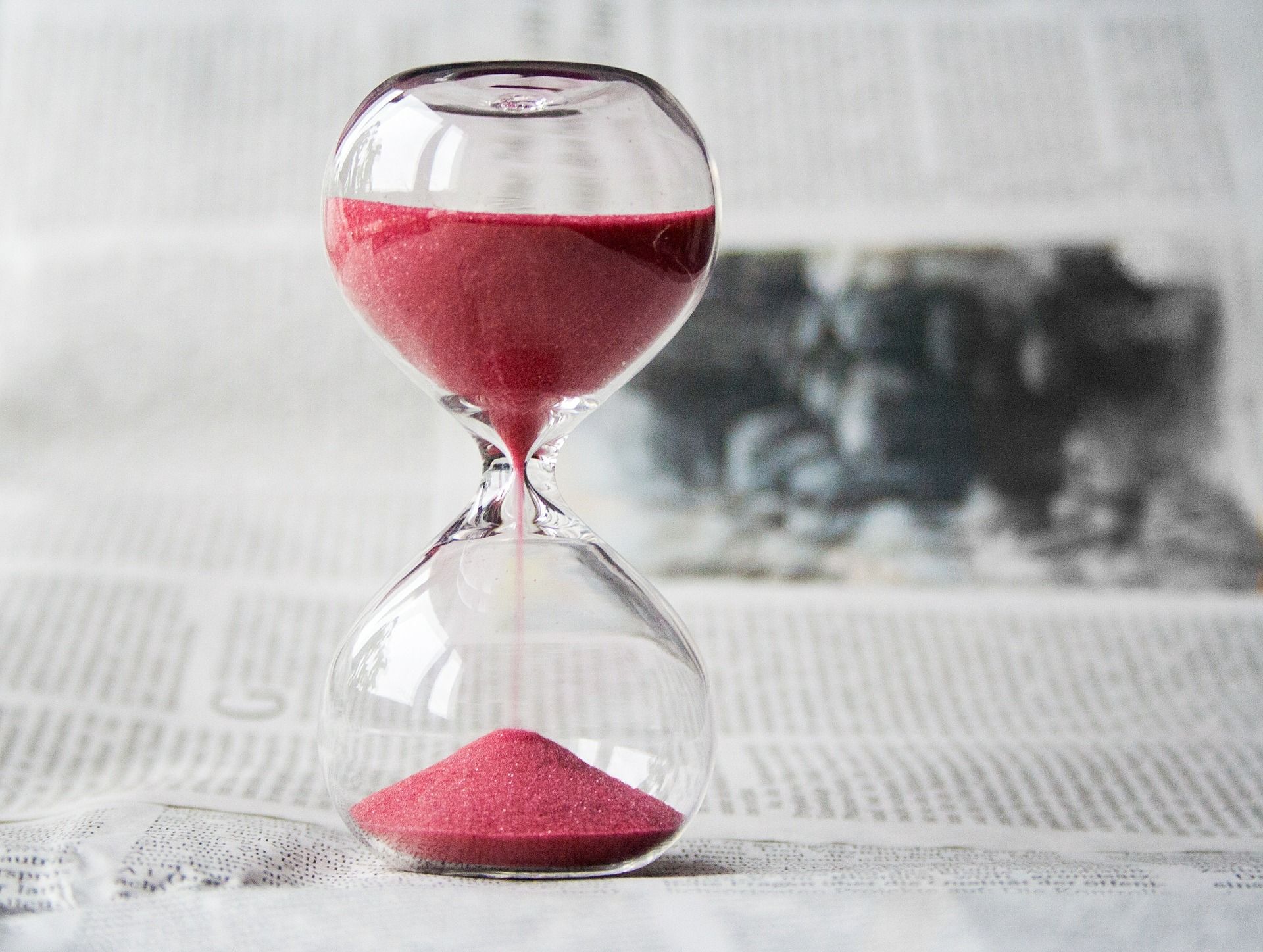
Don’t start the timer just yet!
First, a brief explanation:I’ve read A LOT of self-help books. Dozens? Hundreds? It doesn’t matter. Just trust me when I tell you that it’s an embarrassing amount. But, my embarrassment is your gain, because I’ve rolled up my sleeves and sifted through mountains of bullshit to find us a few gold nuggets. I’ve polished them up, and now I’m going to narrow thousands of hours of reading into just seven steps.You may be asking yourself, “Who does this guy think he is? Does he seriously think he can summarize all the greats… Napoleon Hill, Tony Robbins, Jim Rohn, Dale Carnegie, etc… hundreds of books… millions of pages… in just two minutes? Without any bullshit?”Yes. Yes I can. Here’s how (but don’t start the clock yet):Every self-help book is 10% advice, and 90% persuasion. The author tells you WHAT to do 10% of the time, and the other 90% of the time they explain WHY you should listen to them. That’s not a criticism; that makes perfect sense. Human beings are lazy and stubborn by nature. We first need to be convinced by the author(s), and then we need to be aggressively persuaded into action.This is usually accomplished by manipulating our emotions. I’m not going to manipulate you, because
that is a bullshit move. That’s what politicians, con artists, and charlatans do. Fuck them.You’re all smart people. You can persuade yourself into action whenever you’re ready.My goal with this article is to take the 10% of truth contained in every self-improvement book and pack it into its densest diamond form. No emotional bullshit; just logic. And logic, by definition, is the attempt to remove bullshit from any situation.Quick example — everyone knows how to get in better shape: “Eat healthier. Exercise more.” There’s no bullshit in that.Every diet/exercise program — Atkins, paleo, P90X, CrossFit, etc. — is simply a system (more on that word later) designed so you don’t screw up that simple, no bullshit formula: “Eat healthier. Exercise more.”
Okay, before we start the clock, one last note:
Whether you call it self-help, self-improvement, or , it’s all about deciding what you want, then making it happen.
Whatever you want to improve in your life — money, health, happiness, relationships — these are the practical ways to do it. No bullshit. I promise. These are the seven truths stated (in one form or another) in every good self-help book. You ready?Alright. Let’s go.
Start the clock!
1) If you CONTROL YOUR MIND, you CONTROL YOUR LIFE. This is the foundation of every success theory ever written. It’s the “eat healthier; exercise more” of self-help. It’s also where most people fail, because the mind is a fickle, petulant child that hates discipline. To clarify, “control your mind” means…2) FOCUS YOUR THOUGHTS in order to CONTROL YOUR ACTIONS. If you only THINK, but never DO, you accomplish nothing. Thoughts that aren’t actionable are bullshit. Let them pass. Focus on thoughts that compel you to act. Don’t wish for your goals. PURSUE them!3) Controlling your mind takes PRACTICE EVERYDAY.You are not your mind; you are the willpower behind your mind. However you do it — affirmations, meditation, journaling, etc. — you must improve, little by little, until you REPROGRAM YOUR MIND to focus on optimism and action. 4) Goals are useless unless you create SUCCESSFUL DAILY HABITS to achieve them.You can control your habits as long as you HAVE A SYSTEM. Losing 10 pounds is a goal; eating under 1,200 calories a day is a system. First, DEFINE WHAT YOU WANT, then create a PLAN and stick to it daily. Your habits will determine your success, so it’s crucial to create ones that move you in the direction of your goal.
5) Results TAKE TIME.Change rarely happens right away, and momentum builds slowly. DON’T GIVE UP. If you do what you need to do everyday, you’ll be shocked by how much you’ve accomplished by the end of the year.6) BLAME NOTHING.You are the only person responsible for your life. Life deals everyone a different hand — it’s called random fucking chance. You can’t control adversity, but you can control your reaction to it. Helen Keller was deaf and blind and still got her Bachelor of Arts! Do the work. NO EXCUSES!7) DON’T BE AN ASSHOLE.There’s enough negativity in the world; don’t contribute to it. If you’re able, BE KIND, but if you’re having a rough day, just try not to be a complete dick.Time’s Up!
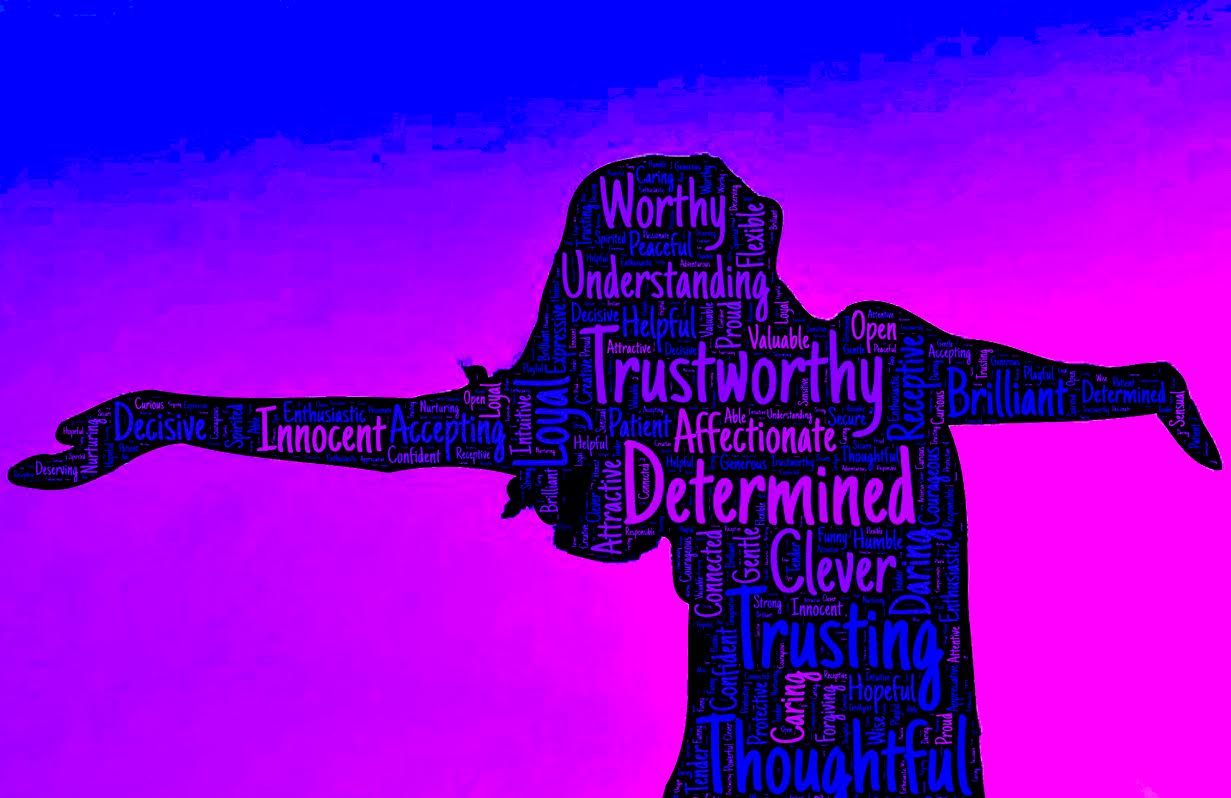
.
Together, we can make a better version 2.0.A Few Notes:
To clarify, I’m not claiming that I know more than any self-help authors. I’m just trying to funnel all their teachings into a formula simple enough to fit on a Post-it note.
I may have seemed overly critical of self-help books in the beginning, but the truth is I’ve found them immensely helpful in my life. But take my advice — don’t read as many books on the subject as I have! Eventually I realized I was reading them as a way of putting off actually taking action.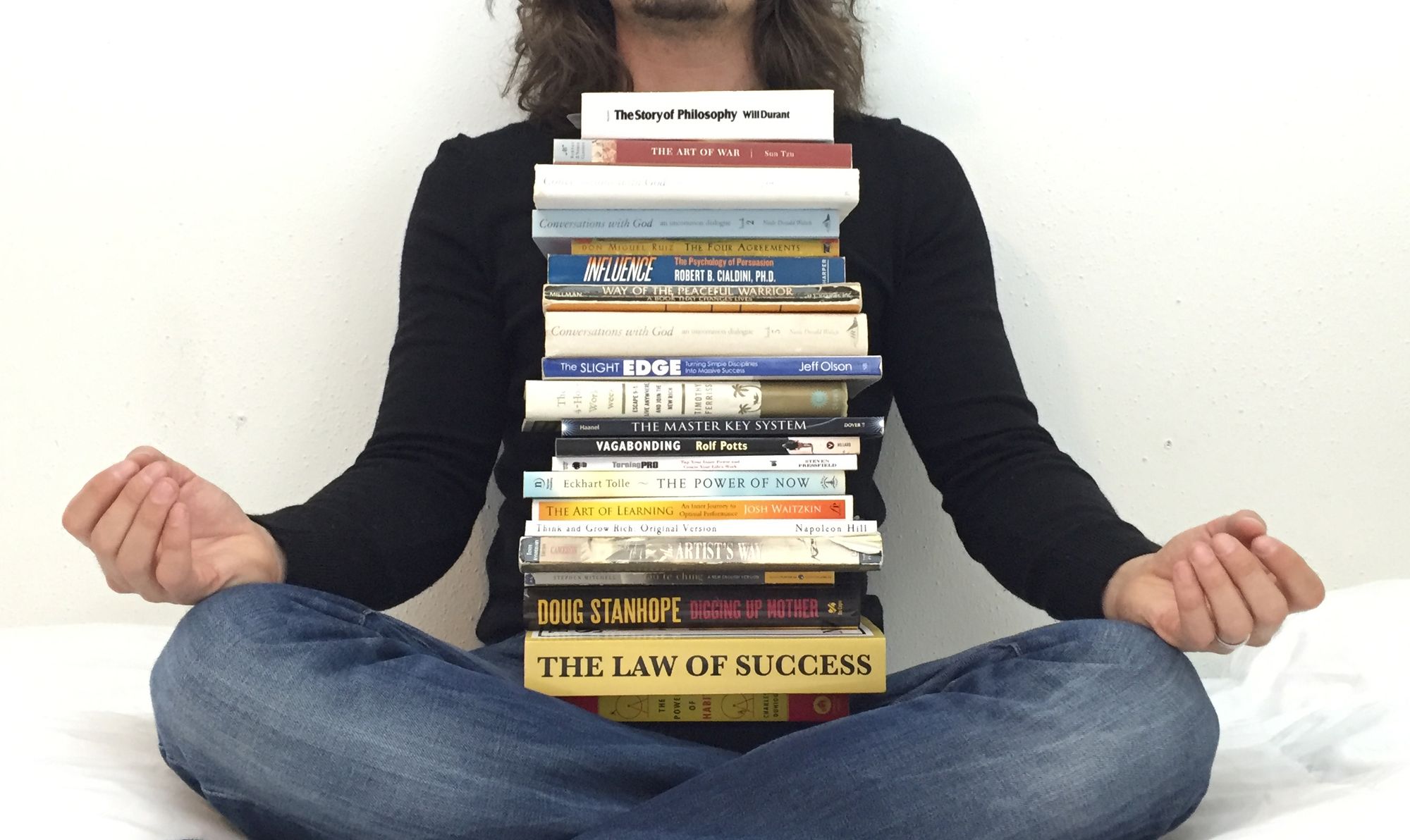
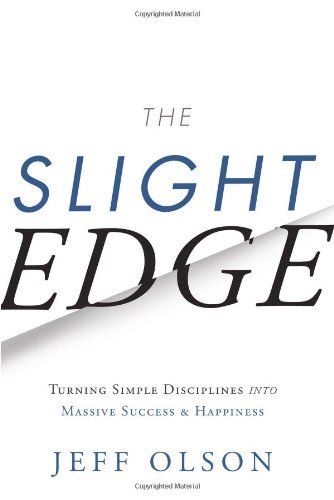
1) The Slight Edge by
Jeff OlsonThis book persuaded me into action more than any other. No goofy, magical nonsense in here. Just simple truths, stated simply. Perfectly practical advice that makes so much sense, you’ll be astounded that it isn’t taught in every school. If you truly want to inspire yourself to improve your life, start here. I love this book!
2) The Laws of Success by
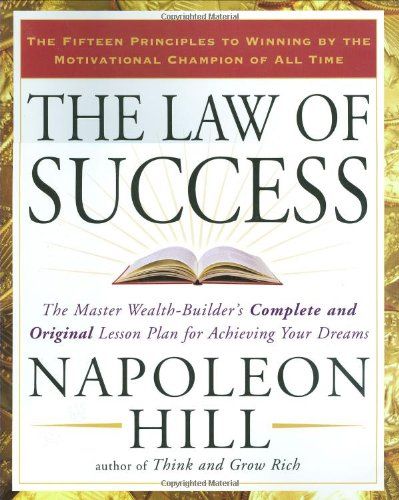
Napoleon Hill
Napoleon Hill’s Think and Grow Rich is considered the Bible of success by many experts (and should definitely be read), but fewer people have read this longer, more in-depth study on the qualities one needs to develop in order to become successful. Even though it was written in 1929, it’s shocking how appropriate his advice is today.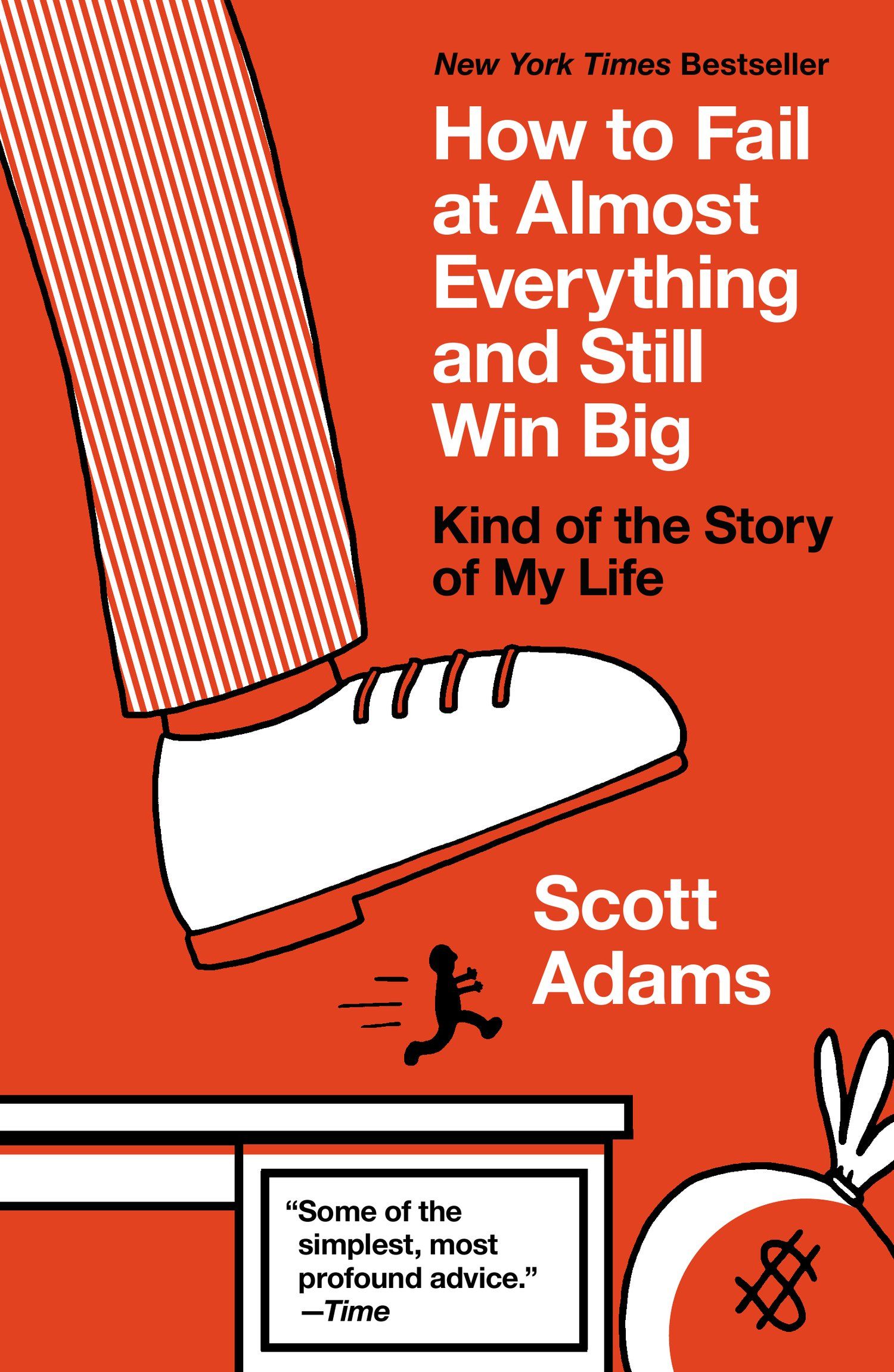
3) How to Fail at Almost Everything and Still Win Big: Kind of the Story of My Life by Scott Adams
This is one of the most bullshit-free success books I’ve ever read. Scott Adams (creator of Dilbert) is completely transparent, outlining his many failures while providing a shockingly honest account of how he grew and cultivated his own success. Very different in style and tone than most self-development books, and I mean that in the best possible way. Great read!

![Seneca’s Groundless Fears: 11 Stoic Principles for Overcoming Panic [Video]](/content/images/size/w600/wp-content/uploads/2020/04/seneca.png)







